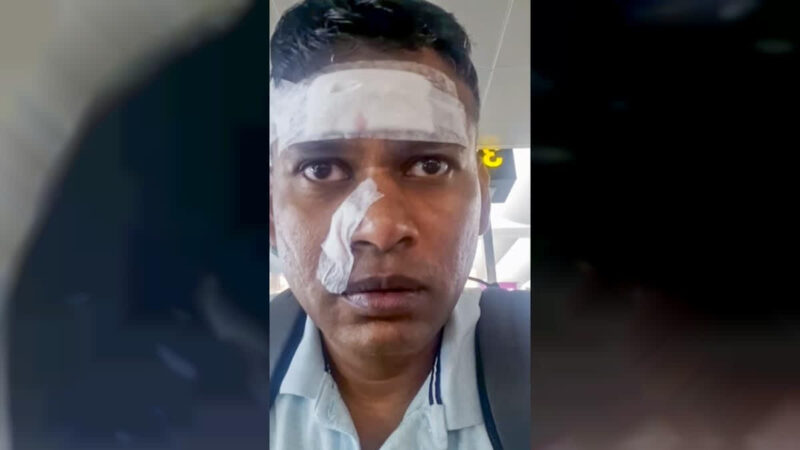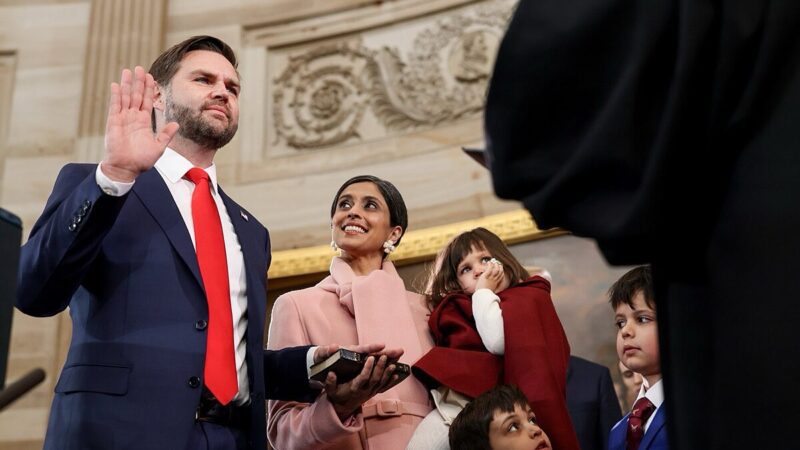“CJI Seeks Govt Reply On Waqf Act, Sets Limits For Petitioners”

As Chief Justice of India Sanjiv Khanna nears the end of his six-month term, he heard arguments over the new Waqf Act, 2025. During the two-hour hearing, he pushed the government for clear answers but also told petitioners not to ignore the good parts of the law.
Justice Khanna asked Solicitor General Tushar Mehta to give examples where Parliament allowed people from different religions to manage religious boards. Mehta said there are examples but didn’t name any. The government mentioned the Bombay Public Trusts Act, but Justice Viswanathan said it may not fit because it’s a secular law, not a religious one.
CJI Khanna also questioned why the government removed the “waqf by user” rule, which allowed properties used for religious purposes to become waqf over time. He warned that removing this could cause problems because not all cases are misuse — some are genuine.
The Chief Justice also made it clear to the petitioners that not everything about the new law is bad. When senior lawyer Kapil Sibal argued about the Limitation Act affecting waqf property rights, CJI Khanna said the Limitation Act has both good and bad sides.
Sibal also said the new law could hurt Muslim inheritance rights. But CJI Khanna replied that Parliament can make inheritance laws, just like the Hindu Succession Act exists for Hindus.
Another issue discussed was whether managing waqf is an “essential religious practice” protected by the Constitution. Justice Viswanathan told the petitioners not to mix issues, reminding them that this topic is already under review by a larger bench.
The hearing showed that the court is trying to find a fair balance without rushing to judgment.
#WaqfAct2025 #CJI #SupremeCourt #WaqfLaw #IndianLaw #ReligiousRights #KapilSibal #JusticeKhanna #InheritanceRights #LimitationAct





